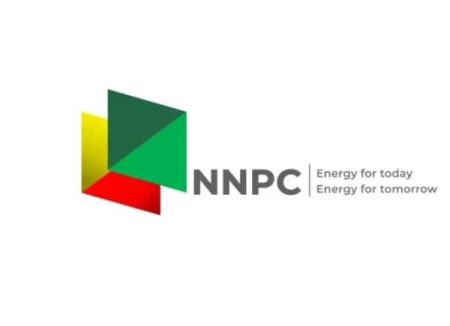The Lagos State Government has moved to allay fears of potential job losses following the recent ban on single-use plastic bags, asserting that the policy will instead create new opportunities within the recycling and waste management sectors. Officials emphasized the long-term benefits of the ban, highlighting its role in environmental protection and the promotion of a circular economy. The government outlined plans to support existing businesses in transitioning to more sustainable alternatives while also encouraging the growth of new ventures focused on biodegradable and reusable materials. This includes providing training and financial incentives for businesses adopting environmentally friendly packaging solutions. Furthermore, the government committed to public awareness campaigns to educate citizens about the importance of the ban and proper waste disposal practices.
The ban targets the production, importation, sale, and use of single-use plastic shopping bags, reflecting a global trend toward reducing plastic pollution. Lagos, as Nigeria’s most populous city and a major commercial hub, faces significant challenges in managing its waste. The indiscriminate disposal of plastic bags contributes to blocked drainage systems, flooding, and environmental degradation. The proliferation of plastic waste also poses health risks to both humans and wildlife. The government argued that the ban is a necessary step to mitigate these challenges and create a healthier and more sustainable environment for future generations. The ban is not intended to cripple businesses but rather to redirect them towards more environmentally responsible practices.
The government’s strategy involves a multifaceted approach that includes enforcement, public education, and collaboration with stakeholders. Enforcement mechanisms will involve monitoring markets and businesses to ensure compliance with the ban. Offenders will face prosecution and penalties, including fines and potential business closures for repeated violations. Alongside enforcement, the government will invest in public awareness campaigns to educate citizens about the rationale behind the ban, the harmful effects of single-use plastic, and the available alternatives. Collaboration with manufacturers, retailers, and community groups is crucial to the successful implementation of the ban. The government aims to create a collaborative environment where all stakeholders are actively involved in finding sustainable solutions.
To facilitate the transition to alternatives, the government is promoting the use of reusable bags, paper bags, and biodegradable materials. This includes partnering with manufacturers to produce these alternatives locally, creating new jobs in the process. The government also plans to provide support to small and medium-sized enterprises (SMEs) to adopt these alternatives. This support will encompass training on the production and use of alternative packaging materials, as well as access to affordable financing options. The government envisions a shift towards a circular economy where waste is minimized, resources are reused, and new economic opportunities arise from sustainable practices.
The long-term vision extends beyond simply banning plastic bags. The government aims to establish a comprehensive waste management system that includes improved waste collection, sorting, and recycling infrastructure. This will involve investments in recycling facilities and technology, as well as the development of a robust waste collection network. The goal is to create a system where plastic waste is collected and recycled efficiently, reducing its impact on the environment and creating valuable resources. The success of the ban will also rely on active citizen participation and responsible waste disposal practices.
The government is confident that the ban on single-use plastic bags, coupled with the accompanying initiatives, will yield significant benefits for Lagos. These include a cleaner and healthier environment, reduced flooding, and the creation of new economic opportunities in the recycling and manufacturing sectors. The government acknowledges the challenges involved in implementing such a policy but remains committed to its enforcement and to collaborating with all stakeholders to achieve a sustainable and prosperous future for Lagos. The ban is seen as not just an environmental policy but also an economic development strategy that will contribute to a more resilient and sustainable city. The government emphasizes the importance of public support and cooperation in making this transition a success.














